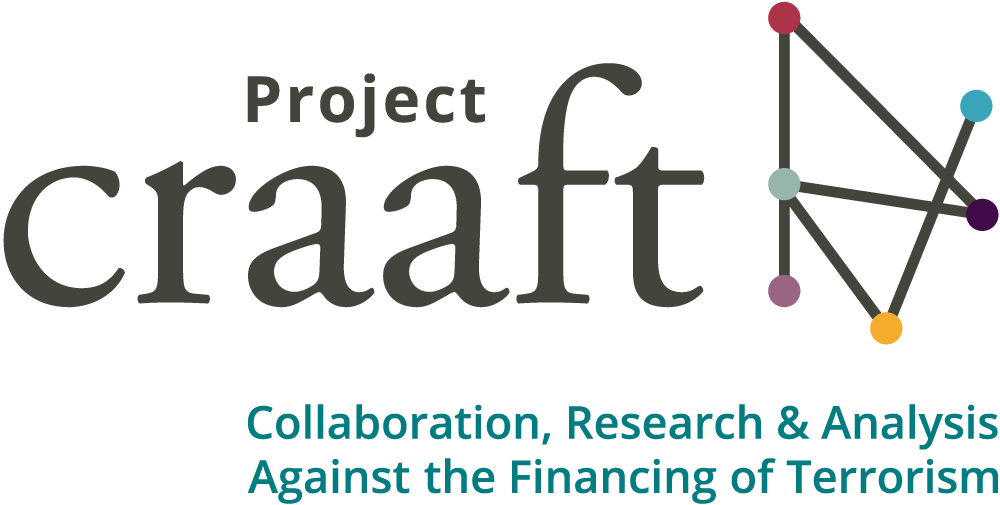FinTech-Enabled Terrorism Financing: Lessons for Cyprus
On 25 April 2023, Project CRAAFT convened a workshop in Nicosia for Cypriot stakeholders on the terrorism financing (TF) challenges and counter-terrorism financing (CTF) opportunities presented by the country’s FinTech sector, with Cyprus trying to position itself as a world leader in this space. Workshop presentations delivered by leading financial crime experts in the FinTech industry, as well as researchers from RUSI, focused on helping participants to anticipate how their services might be abused by terrorists or their supporters operating abroad. This is a crucial challenge for a country such as Cyprus, which does not face a substantial terrorist threat within its own borders, but whose financial services may be exploited by terrorist groups operating in its neighbourhood. By bringing together representatives of the FinTech industry and the public sector, participants witnessed first-hand the advantages and creative synergies generated through public–private collaboration to tackle TF.
Some key learnings from the workshop include:
Several attributes of FinTech companies make them attractive to terrorist financiers and other illicit actors, although some of these attractive characteristics are in fact false perceptions of the working methods of FinTechs. For example, while some may think that non face-to-face onboarding and customer interaction would be to the benefit of an illicit actor seeking to abuse FinTechs for TF, such virtual onboarding methods have in the past revealed potential customers’ associations with extremist groups.
FinTech engagement with law-enforcement agencies offers opportunities for rich intelligence sharing within legal restrictions. Given their technology-driven operations models, FinTechs are well-positioned to provide law-enforcement agencies with detailed intelligence during investigations, and novel modes of data transfer could supplement the STR regime to take fullest advantage of FinTech data holdings for CTF.
While there are numerous opportunities for “cashing-out” cryptoassets for TF purposes – including darknet marketplaces, unregulated or non-compliant cryptocurrency exchanges, peer-to-peer or over-the-counter markets and cryptocurrency ATMs – there is little evidence to suggest that such vulnerabilities in the crypto ecosystem have been systematically abused for TF purposes in Europe to date.
Some key insights from the participants include:
A recognition that information exchange between public and private sectors for the prevention of terrorism financing must be far more rapid than what would be expected for anti-money laundering purposes. The direct threat to human life and the security of the country must be recognised in all efforts to prevent terrorism financing, with an appreciation that CTF is not merely an issue of compliance and regulation, but of curtailing a security threat.
While Cyprus has no recent history of terrorism on its soil, its financial products and services may be exploited to support violence elsewhere, possibly in the country’s near neighbourhood. Financial intelligence collected and analysed in Cyprus may help international CTF efforts.
The value of enhanced public–private collaboration is appreciated by all parties, but the development of a formal public-private partnership must be first led by the public sector. Concern was raised about opening partnerships up to too many entities at once, for fear of too many contributions and opinions overwhelming the process in the short-term.
